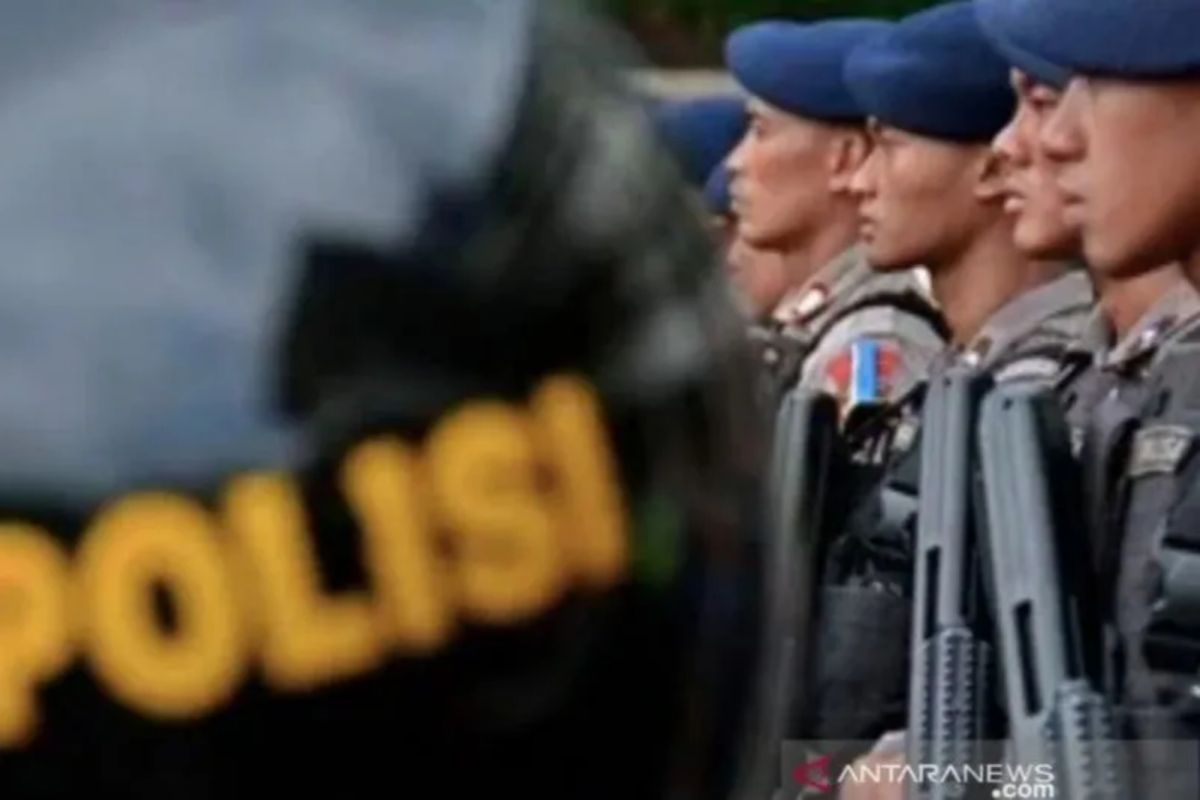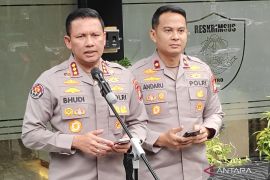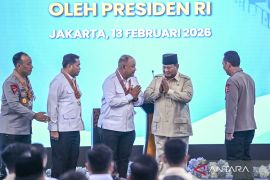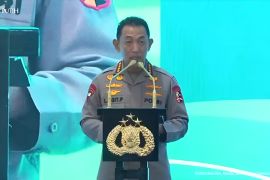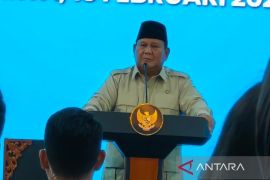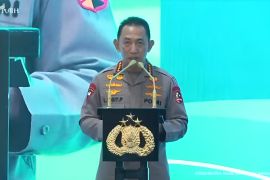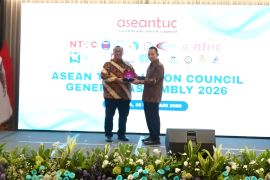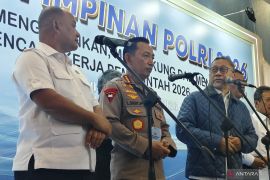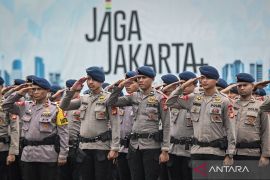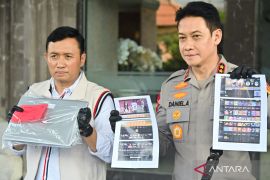It was no ordinary death. Investigators found signs of violence before he drowned.
Three names quickly surfaced as suspects — two of them fellow police officers: Commissioner I Made Yogi Purusa Utama and First Inspector Haris Chandra. Another suspect, Misri Puspita Sari, who was reportedly at the scene, now faces charges of obstruction of justice.
The case sent shockwaves through Indonesia — not only because both the victim and suspects belonged to the same institution, but because it struck at the very heart of the police's moral integrity.
As the National Police (Polri) struggles to rebuild public trust following a string of ethical breaches and abuse-of-power scandals, Nurhadi's death stands as a grim mirror reflecting how fragile that integrity remains.
The trial of the two officers is scheduled to begin on October 27, 2025, at the Mataram District Court. Public expectations are high — not just for legal justice, but for moral reckoning.
For many, justice is measured not merely by punishment. Indonesians are waiting for proof that their law enforcement agency still has the courage to hold itself accountable.
Public trust
The Nurhadi case is not an isolated incident. In recent years, the public has witnessed a troubling pattern of misconduct within the police — ranging from ethical violations to serious crimes.
Police reform is officially underway: revising training curricula, strengthening internal oversight, and implementing a digital code of ethics for all personnel.
Yet, as this case shows, institutional morality cannot be measured by the number of rules written, but by the consistency with which they are upheld in daily behavior.
Deputy Chair of Commission III at the House of Representatives (DPR), Sari Yuliati, affirmed that the investigation and prosecution of the two officers were carried out according to procedure.
She praised investigators for following due process. But administrative compliance, she said, is only the beginning of justice — not the end.
When law enforcers themselves become lawbreakers, the damage runs deeper than individual misconduct. It wounds the very institution that society depends on for protection.
Ordinary citizens entrust their safety to police officers — viewing them not just as law enforcers but as moral examples. The brown uniform symbolizes not only authority but also the promise of safety and service.
When an officer dies at the hands of his colleagues, the public cannot help but ask: what has become of the values enshrined in the Tribrata and Catur Prasetya oaths — the police's moral and ethical codes pledging loyalty, integrity, and service to the nation?
The West Nusa Tenggara Regional Police has vowed full transparency in investigating Nurhadi's death. Yet for the public, justice does not end with the trial.
True justice, they believe, lies in the institution's willingness to look inward — to confront its flaws and rebuild its moral foundation.
Public trust cannot be restored through legal processes alone. It is earned through honesty and integrity in carrying them out. And once lost, that trust is among the hardest things to regain.
Guarding the conscience
Brigadier Nurhadi's death should be a moment of reflection for every law enforcement body in Indonesia.
Law without morality breeds fear, not justice. Morality without the courage of law becomes empty rhetoric. Both must walk hand in hand.
At the institutional level, three steps are vital.
First, ethics must not remain confined to police academies but become a living culture across every rank. Ethics is not theory — it is daily practice: how officers treat citizens, colleagues, and power itself.
Second, oversight must be independent and bold. Internal mechanisms alone are not enough. Public participation — through collaboration with civil society, academics, and independent bodies — is essential to ensure that oversight does not end at an internal desk.
Third, the courage to admit mistakes. Transparency is not weakness — it is strength. In this age of open information, acknowledging failures is the only way to regain credibility.
Polri holds immense potential. Thousands of officers across the country serve with integrity, often unseen, dedicating their lives to public safety. Yet the misconduct of a few can stain the entire institution.
That is why moral reform is urgent. Police officers must not only enforce the law but embody its spirit. A legal system without conscience loses direction; law enforcers without ethics lose legitimacy.
The Nurhadi case is a stark reminder that professionalism without morality is merely a mask for power. True justice is not only about punishment but about collective awareness — to prevent such tragedies from happening again.
Going forward, Polri must strengthen integrity systems from recruitment and training to career evaluation. Integrity should be a non-negotiable qualification, not just an administrative formality.
Equally important is deeper collaboration with the media and civil society to foster open discussion about ethics in law enforcement.
Ultimately, the public is not just awaiting a verdict in Mataram — they are waiting for a change in mindset.
What has been damaged is not only the law's body but its spirit. Restoring that spirit demands moral honesty and the courage to reform.
Justice may be enforced through laws and verdicts, but conscience can only be restored through reflection.
If the tragedy on Gili Trawangan sparks such introspection, Brigadier Nurhadi's death will not have been in vain.
It will remain a lasting reminder that power unchecked by conscience poses the greatest threat — to the law, to humanity, and to the very foundation of justice itself.
Related news: President Prabowo to inaugurate police reform committee next week
Related news: Polri Reform Team seeks public input amid accountability drive
Translator: Abdul Hakim, Kuntum Khaira
Editor: Anton Santoso
Copyright © ANTARA 2025
